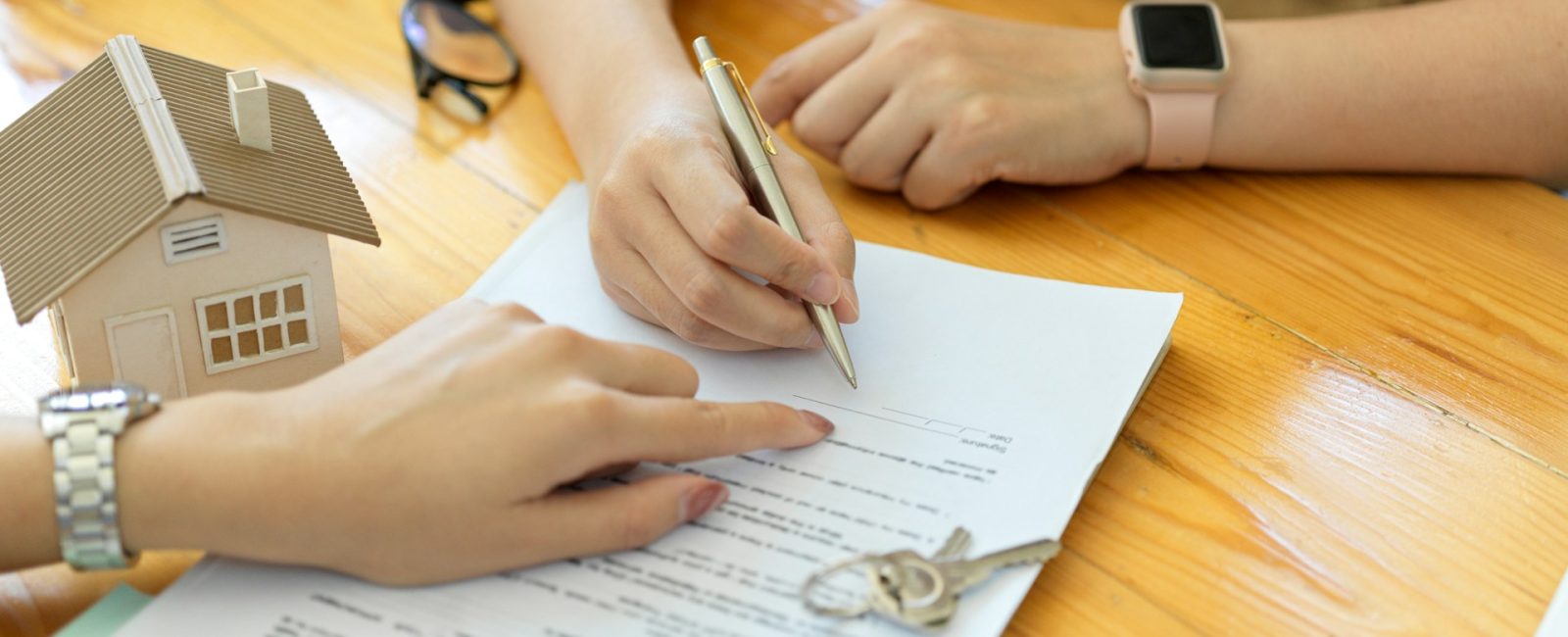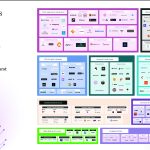
How to Get a Home Loan When You’re Self-Employed: What Lenders Really Look For
For self-employed Australians, applying for a home loan can feel like navigating a maze blindfolded. Without a steady payslip or a clear-cut employer reference, proving your financial reliability takes a little more groundwork. But with the right preparation, getting a home loan while running your own business is entirely achievable.
Understanding the Self-Employed Challenge
Lenders want certainty. For salaried workers, regular income makes it easy for banks to assess risk. For self-employed borrowers, income can be seasonal, irregular, or spread across multiple entities. That complexity adds a layer of scrutiny from lenders who are trying to ensure you can meet your repayments over the life of the loan.
But this doesn’t mean you’re at a disadvantage. It just means you’ll need to provide more evidence of your financial position, usually over a longer period.
What Lenders Really Want to See
The key for any lender is consistency and sustainability. They’re not necessarily after huge profits or booming revenue; they want to see whether your business can support regular mortgage repayments.
Here’s what they typically assess:
- Income Stability: Most lenders prefer at least two years of consistent income from your business. They’ll look at your tax returns and notice of assessment from the ATO to confirm this.
- Business Structure: Whether you’re a sole trader, in a partnership, or running a company, the structure matters. Each comes with different documentation and risk profiles.
- Genuine Savings: Lenders want to see that you’ve been disciplined with money. A healthy savings history can work in your favour.
- Debt and Expenses: Your personal and business debts will be considered when calculating your borrowing power. The cleaner your credit history, the better.
- Tax Obligations: Up-to-date tax returns and no outstanding liabilities with the ATO are crucial. Falling behind on taxes is a major red flag.
What Documents Will You Need?
Self-employed applicants are often asked to provide more paperwork than a standard employee. Typical documentation includes:
- Two years of personal tax returns and notices of assessment
- Two years of business financial statements (profit & loss, balance sheets)
- Business Activity Statements (BAS)
- Evidence of any other income (e.g., dividends, rental income)
- Bank statements for both personal and business accounts
Some lenders may accept one year of financials if you meet other strict criteria, but this varies.
Low Doc Loans: A Viable Option?
Low doc (low documentation) loans are tailored to self-employed borrowers who may not have traditional proof of income. Instead of full financials, you might submit a self-declared income statement, supported by BAS or bank statements.
These loans come with caveats:
- Higher interest rates
- Larger deposits (often 20% or more)
- Stricter eligibility conditions
They can be a useful stepping stone, but only if you fully understand the trade-offs.
The Role of a Specialist Broker
Because of the added complexity in assessing self-employed income, many borrowers turn to a mortgage broker Sydney for guidance. A broker who understands self-employed lending can:
- Recommend lenders more flexible with self-employed applicants
- Help gather and present your documentation clearly
- Suggest strategies to improve your application
- Negotiate better terms on your behalf
Make sure the broker has a strong track record with self-employed borrowers and is across the latest lender policies.
Tips to Strengthen Your Application
- Keep Business Finances Clean: Minimise the mixing of personal and business accounts.
- Stay Up-to-Date with Tax: Lodging your tax returns on time each year is non-negotiable.
- Limit Expenses: Try to reduce business deductions in the lead-up to your application. Excessive write-offs can make your income appear lower.
- Maintain Good Records: Good bookkeeping is essential. Cloud-based systems can make accessing historical data much easier.
- Prepare Early: Don’t wait until you’re ready to buy. Start planning at least 6–12 months ahead, especially if your income fluctuates.
What If You’ve Only Been Self-Employed for a Short Time?
If you’ve recently gone out on your own, it may be more difficult to get a loan, but not impossible. Some lenders will consider applications with just one year of business activity, especially if:
- You were in the same industry before going solo
- You have strong savings and a good deposit
- The business shows strong early profitability
Having a mortgage broker sydney with access to niche or non-bank lenders can make all the difference in these scenarios.
Final Thoughts
Being self-employed shouldn’t stop you from owning property. Yes, there are more hoops to jump through—but with preparation, good financial habits, and professional guidance, your entrepreneurial lifestyle can absolutely align with your property goals.
Focus on presenting your finances clearly and showing lenders that your income, even if unconventional, is dependable. A strategic approach today could mean holding the keys to your dream home tomorrow.












